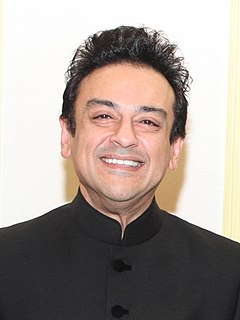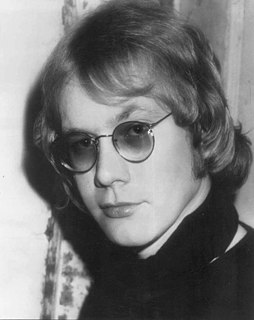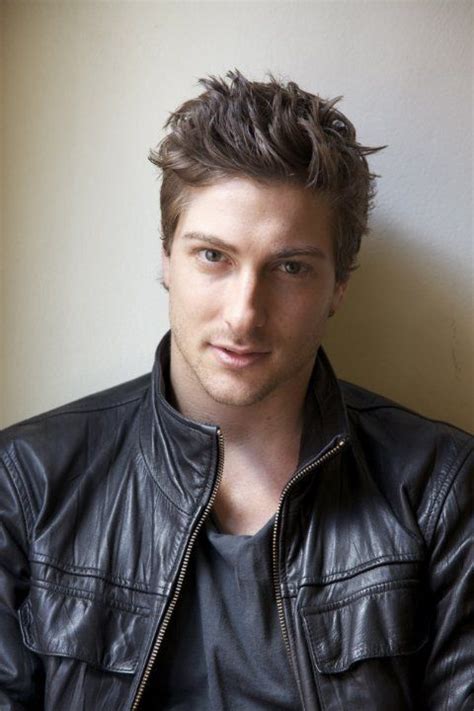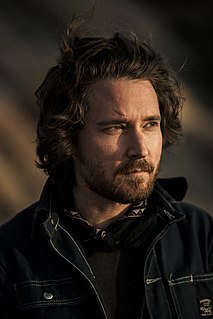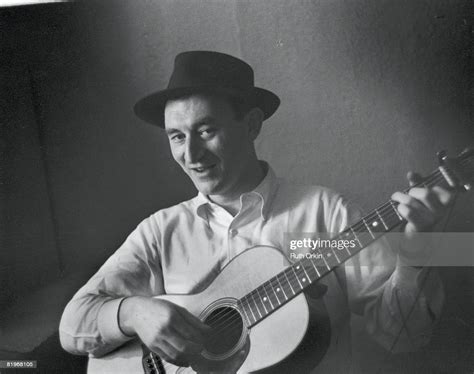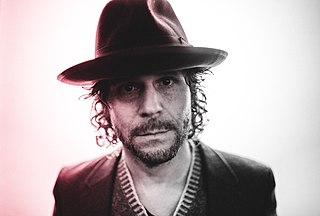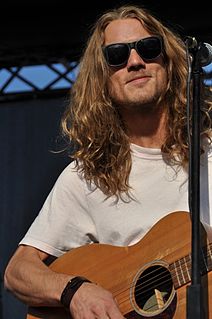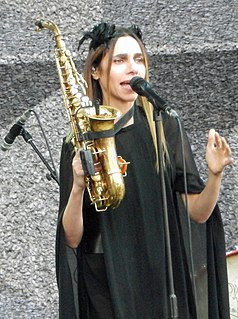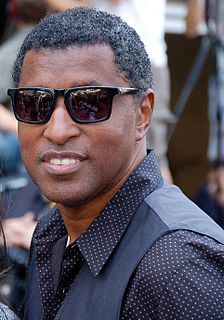A Quote by Shankar Mahadevan
With 'Mirzya,' we went deep into folk music. The film, unfortunately, did not do well because it was not marketed well. But we got freedom to do the music the way we want.
Related Quotes
I think there's a difference between the type of folk music that people put into the box of "folk music" and then there's the kind of folk music that I aspire to and am in awe of, and that is the kind of folk music where it's very limited tools - in most cases a guitar, in a self-taught style that is idiosyncratic and particular to that musician.
In the United States, many people said you can't have folk music in the United States because you don't have any peasant class. But the funny thing was, there were literally thousands, tens of thousands, hundreds of thousands of people who loved old time fiddling, ballads, banjo tunes, blues played on the guitar, spirituals and gospel hymns. These songs and music didn't fit into any neat category of art music nor popular music nor jazz. So gradually they said well let's call it folk music.
Um, well my main profession is acting and music is what I love doing. It's kind of nice like that in a way because it means I'm under no real pressure with the music. I have got complete creative control and I can make whatever I want. So, that takes a lot of the pressures off because there's no financial pressure. And it's something I've always loved doing.
When you set out to carry on a tradition as deep rooted as folk music is, you've got to have your story together. You've got to study and have a foundation. Jeffrey Foucault has that foundation, and you can hear it in his voice, and feel it in his music. He's got an understanding that you don't hear that often.

